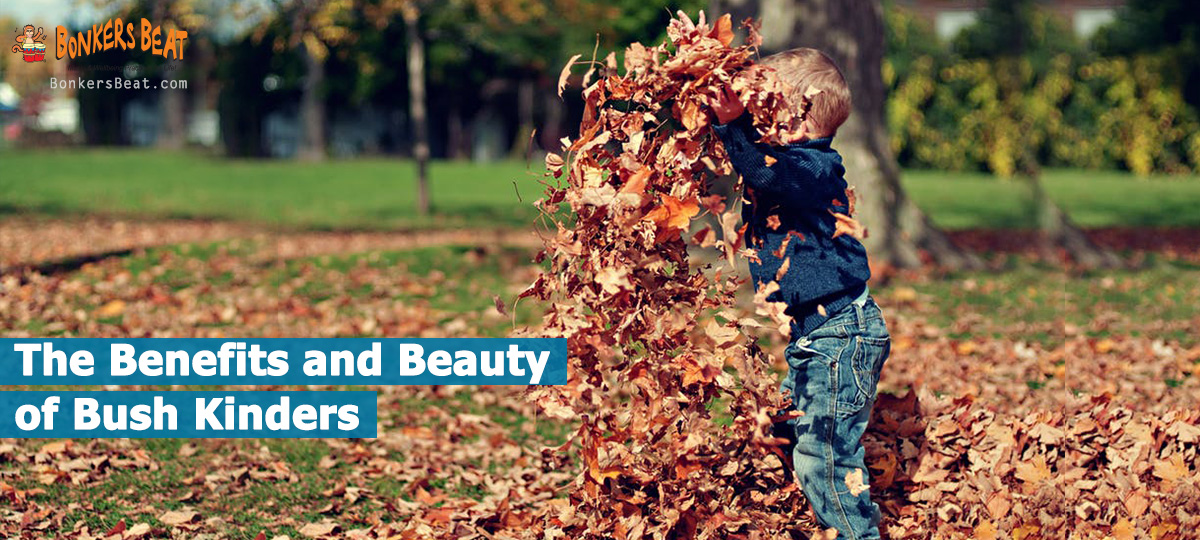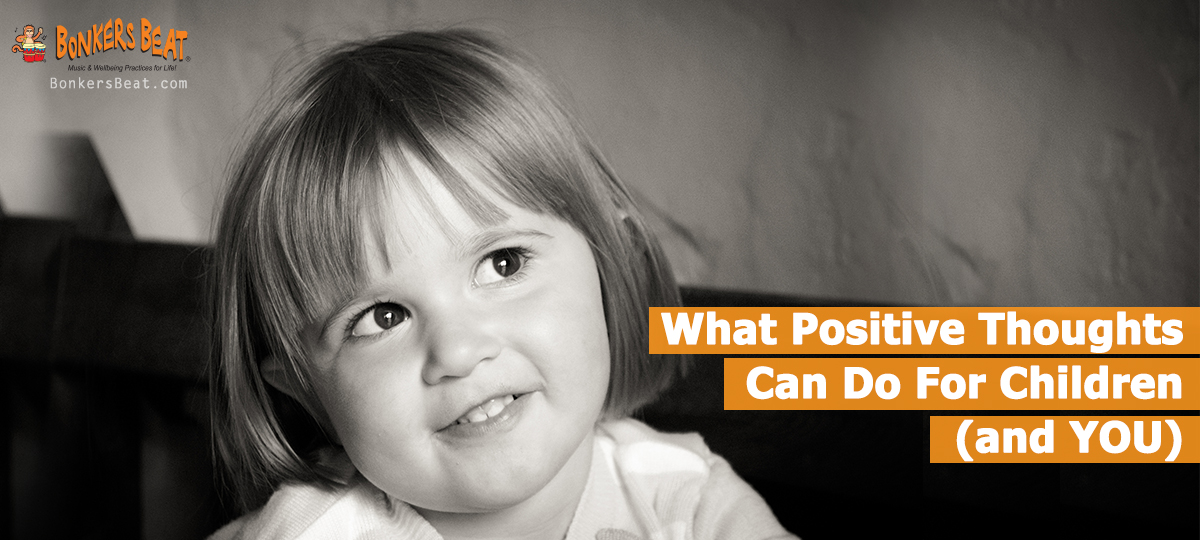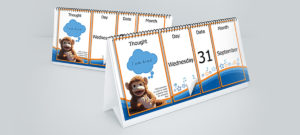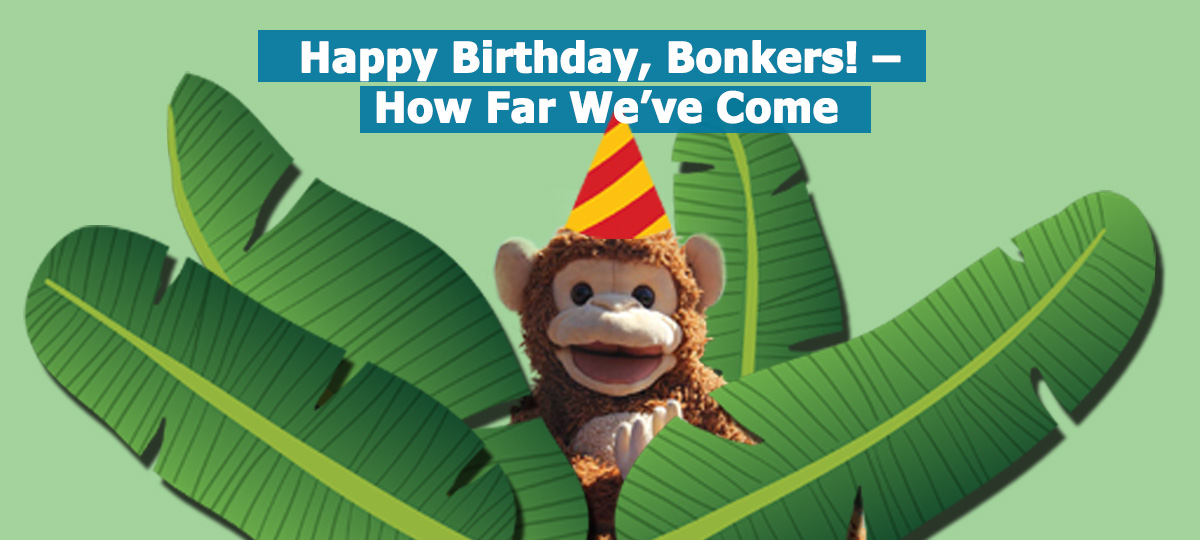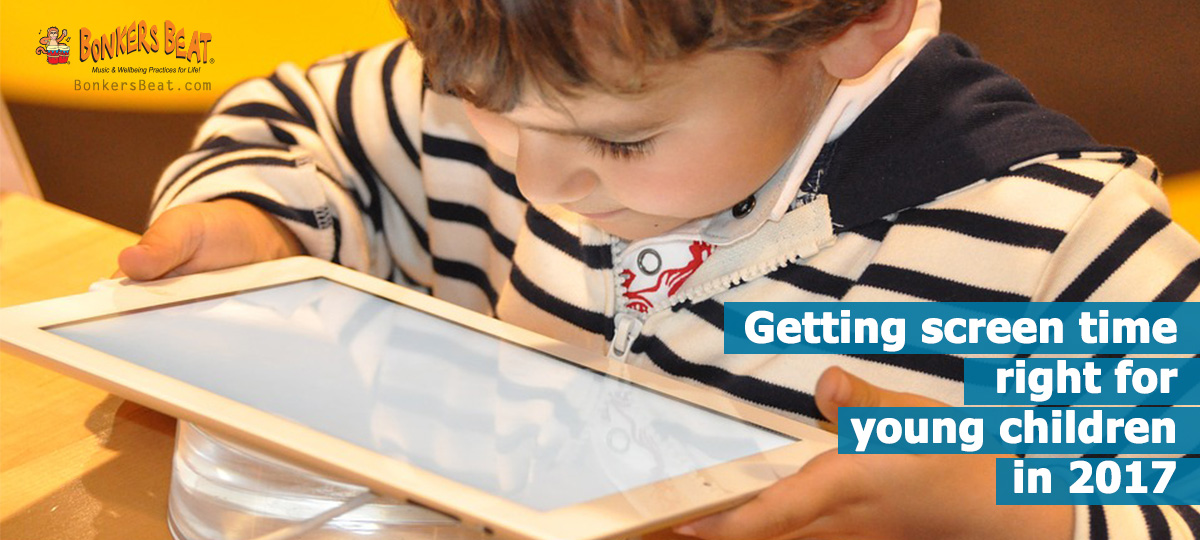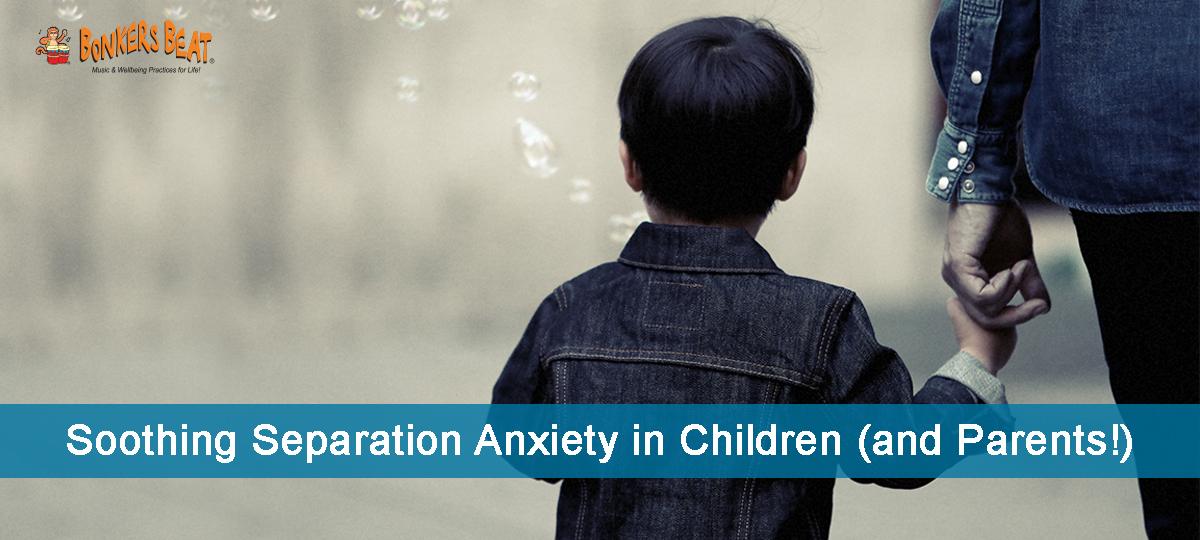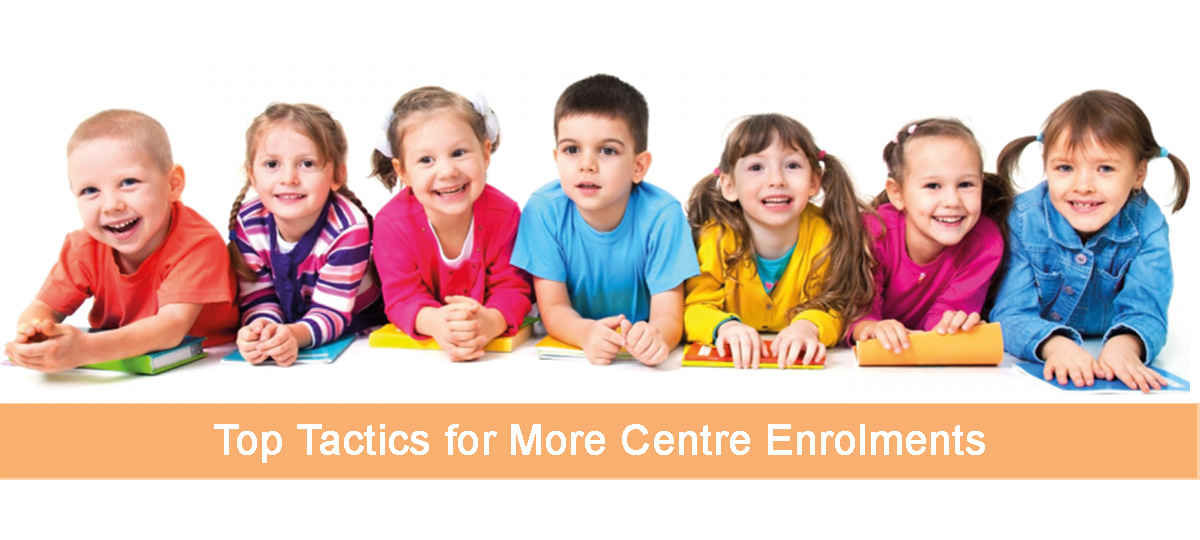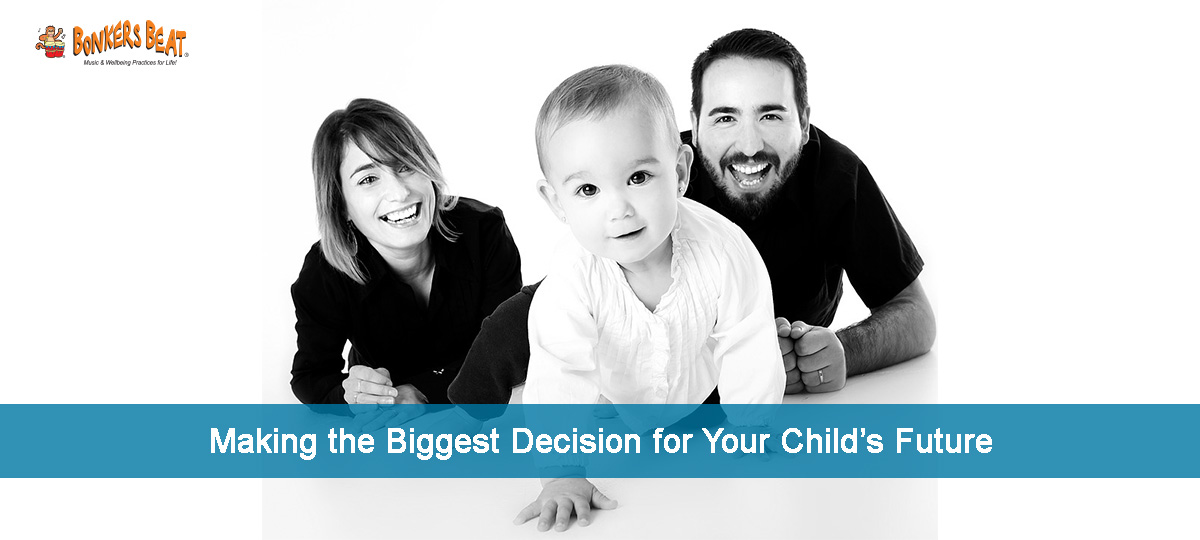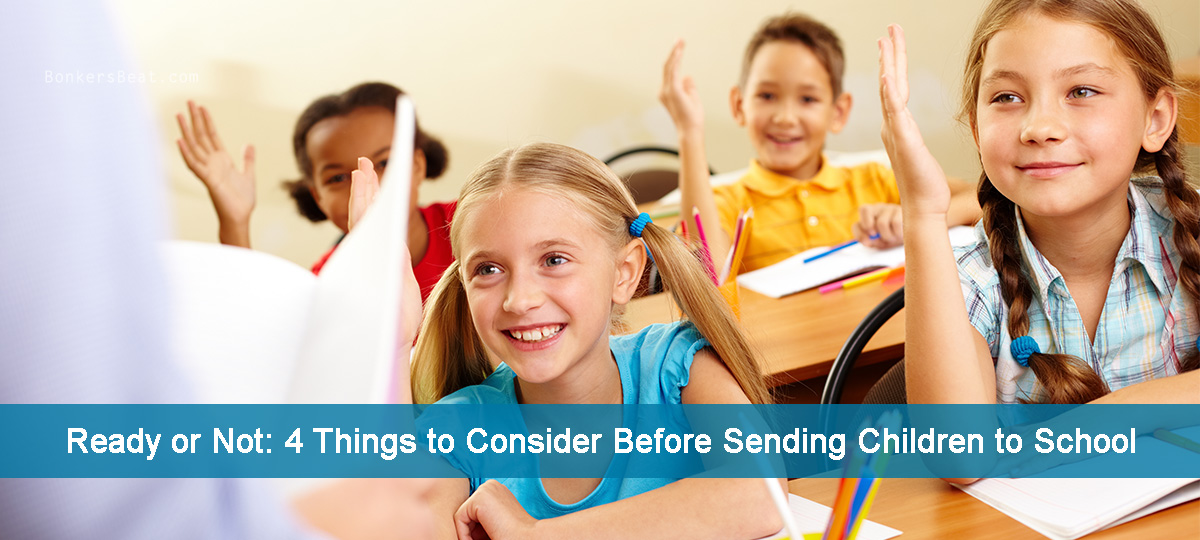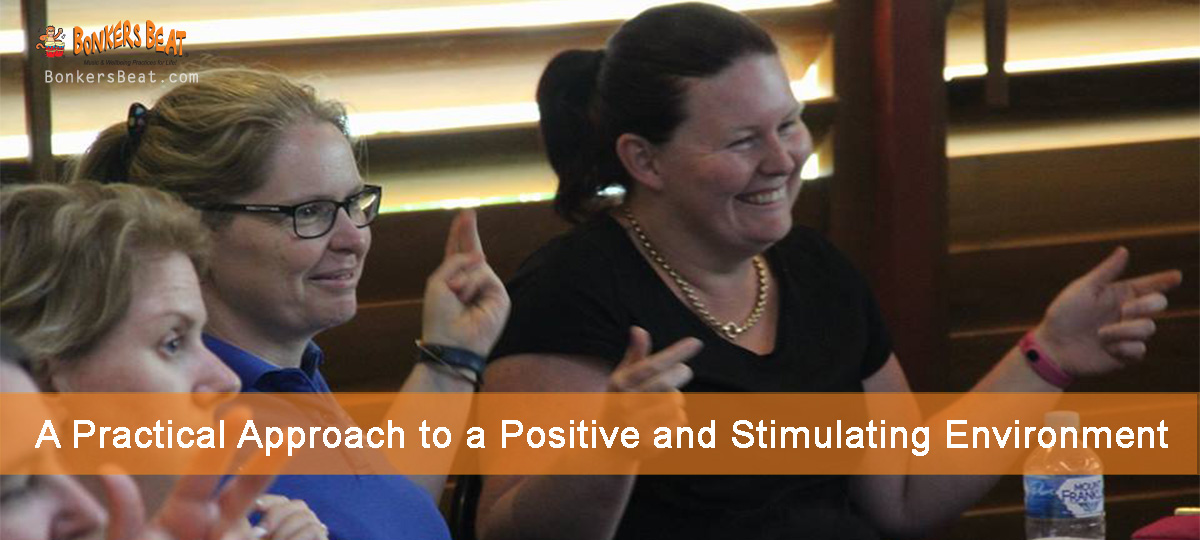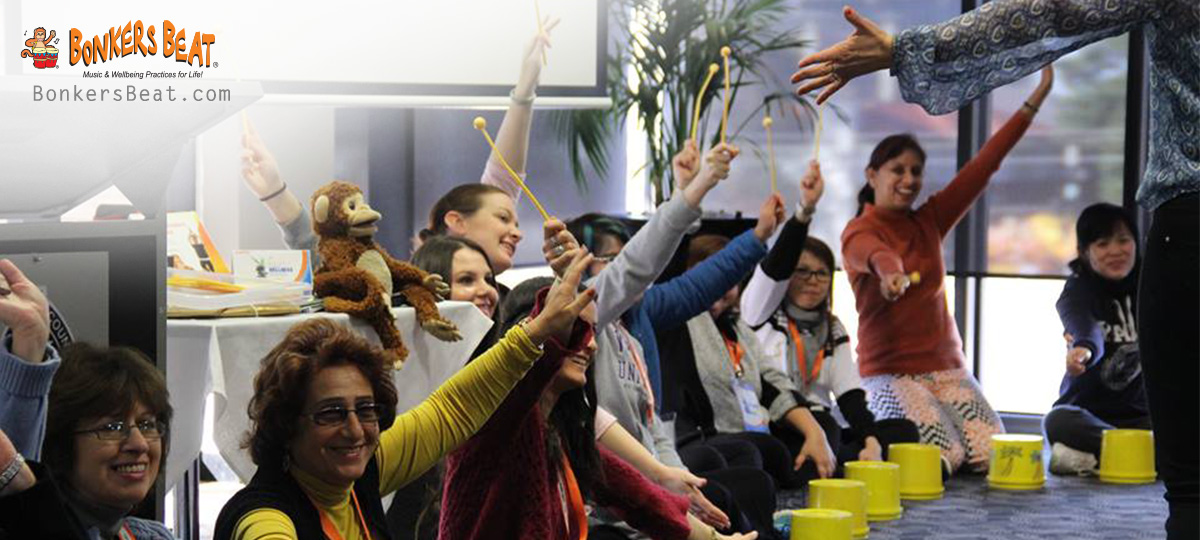There’s something so special about children enjoying nature. And while we love to see children enjoying the summer sun, seeing them pull on some gumboots to splash in puddles and explore soggy wetlands is fantastic.
Early childhood education has many approaches, each with its own benefits and advocates. We are all continually developing and adapting, and that goes for educators too. One early learning approach that has been growing in popularity of late is the incorporation of the great outdoors. And with so many learning experiences to offer, this is very exciting!
Danish Forest School Approach
Just this week a great article about the Danish Forest School approach was featured in the Australian Scholarships Group (ASG)’s publication ‘Early Horizons’. Galina was featured in this edition too, interviewed about children’s wellbeing and the magic of the Bonkers Beat programs. You can read the whole publication here: http://bit.ly/2sL7k5P
The Danish Forest School approach is truly unique and special – and there is no one type of ‘forest school’… no two are the same. The Early Horizons article talks about how the Danish Forest School Approach uses its deep understanding of informal learning environments to promote creativity and critical thinking in its young students.
This forest pre-schooling approach has caught on internationally, including in Australia with the rise of Bush kinder programs.
The benefits of the bush
The research around kinder programs that take to the bush shows many benefits:
- Increased confidence, motivation and concentration, increased social, physical and language skills, deeper conceptual understandings and respect for the natural environment
- Increased social and imaginative play
- Teachers understandings of and relationships with the children are deepened, while families and wider community attitudes towards natural places for play and children’s risk management can be enhanced
- Positive outcomes for many diverse communities including disadvantaged or challenging youth, children with autism and drug addicted adults
Nurturing nature – the rise in outdoor learning
Bush Kinder is growing in popularity in Australia for good reason – the immediate and long-term benefits for children are undeniable. It’s an exciting time in early childhood education. Doug Fargher, the founder of Bush Kinder in Australia is joining us at the upcoming Wellness Summits in September and we cannot wait to learn from him.
Doug, in line with the forest schools of Europe, believes in nature’s potential to create a space for children to flourish in their period of critical early development.
Joining our award-winning Bonkers Beat community can provide you with many benefits and give you all access to our Summits on 2, September 2017 in Melbourne or 9 September 2017 in Sydney. You have to act fast to join us though – email info@bonkersbeat.com now or call 13000-B-BEAT (2-2328).

